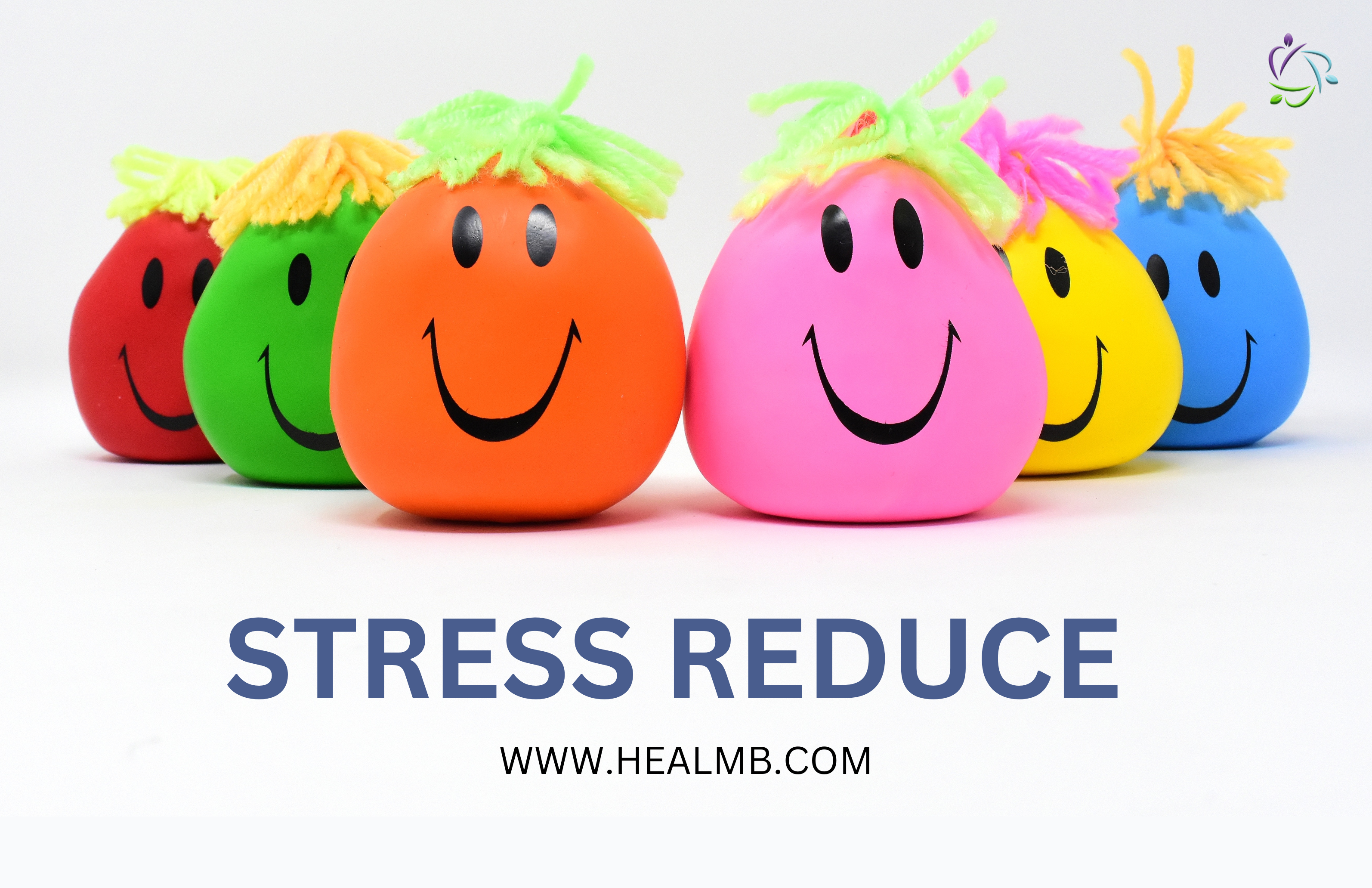In the hustle and bustle of life, if stress has you feeling anxious, tense, and worried, meditation might just be the solution you need. Even dedicating a few minutes to meditation can effectively restore your calmness and inner peace.
Meditation is a practice accessible to everyone, requiring minimal resources and no special equipment. It's uncomplicated and cost-effective, making it a convenient option for stress relief.
One of the remarkable aspects of meditation is its versatility. You can practice it anywhere, whether you're taking a leisurely walk, commuting on a bus, waiting at a doctor's office, or even during a busy business meeting.
Insight into Meditation
Meditation has a history that goes back thousands of years. While it started as a spiritual practice, it has now become a modern tool for reducing stress. Today, the main purpose of meditation is to help people relax and reduce their stress levels.
Meditation is a form of mind-body complementary medicine that promotes deep relaxation and calmness. By focusing on a single point of concentration, meditation helps clear the mind of distracting thoughts, which can contribute to stress. This can lead to improved physical and emotional well-being.
Benefits of Meditation
Engaging in meditation can have a profound impact on your emotional and physical well-being. It can provide you with a sense of calmness, peace, and balance, helping you relax and cope with stress. By focusing your attention on soothing stimuli, meditation can foster inner peace and centeredness.
The benefits of meditation are not limited to the duration of a single session. Regular meditation practice can help you navigate daily challenges with greater composure and ease. Additionally, meditation may provide relief from symptoms associated with certain medical conditions, making it an effective tool for managing health concerns.
Through meditation, you can alleviate the burden of information overload that accumulates daily and contributes to stress and tension. Meditation offers many emotional and physical advantages, including stress management skills, heightened self-awareness, and a focus on the present moment. It has also been linked to a reduction in negative emotions, improved creativity and patience, and positive changes in resting heart rate, blood pressure, and sleep quality.
Meditation and Health
In addition to its role in stress reduction, meditation may offer therapeutic benefits for individuals grappling with various medical conditions exacerbated by stress. While extensive research supports the health benefits of meditation, some experts argue that further investigation is warranted to substantiate its efficacy fully.
Nonetheless, preliminary studies suggest that meditation could be beneficial in managing symptoms associated with conditions such as anxiety, asthma, cancer, chronic pain, depression, heart disease, high blood pressure, irritable bowel syndrome, sleep problems, and tension headaches.
It's imperative to consult with a healthcare professional to evaluate the suitability of meditation, particularly if you have existing health conditions. While meditation should not replace medical treatment, it can complement conventional therapies, augmenting your overall wellness.
Types of Meditation
Meditation involves various techniques to achieve relaxation, such as guided imagery, mantra repetition, mindfulness, Qigong, Tai Chi, or Yoga. Each method offers a unique path to inner peace and stress reduction.
Essential Components of Meditation
Regardless of the chosen technique, key elements such as focused attention, relaxed breathing, a serene environment, and an open attitude underpin effective meditation practice. Beginners may find it beneficial to commence their meditation journey in tranquil settings, gradually expanding to more challenging environments.
Practical Tips for Everyday Meditation
There's no need to feel overwhelmed by the prospect of meditating correctly. Whether attending formal classes or practicing independently, meditation can be adapted to suit your preferences and schedule. Integrating meditation into your daily routine, even for a few minutes, can yield significant benefits.
Some simple meditation techniques you can practice include deep breathing, body scanning, mantra repetition, walking meditation, prayer, reading and reflection, and focusing on love and kindness towards others.
Building Proficiency in Meditation
It's important to be patient and persistent when practicing meditation, without judging yourself harshly. It's common to experience your mind wandering during meditation, regardless of your level of experience. Whenever distractions come up, gently redirect your attention to your chosen point of concentration.
Try experimenting with different meditation techniques to find the one that resonates with you the most. Remember that there's no right or wrong way to meditate. The key is to find what works best for you, as it can help reduce your stress levels and improve your overall well-being.
